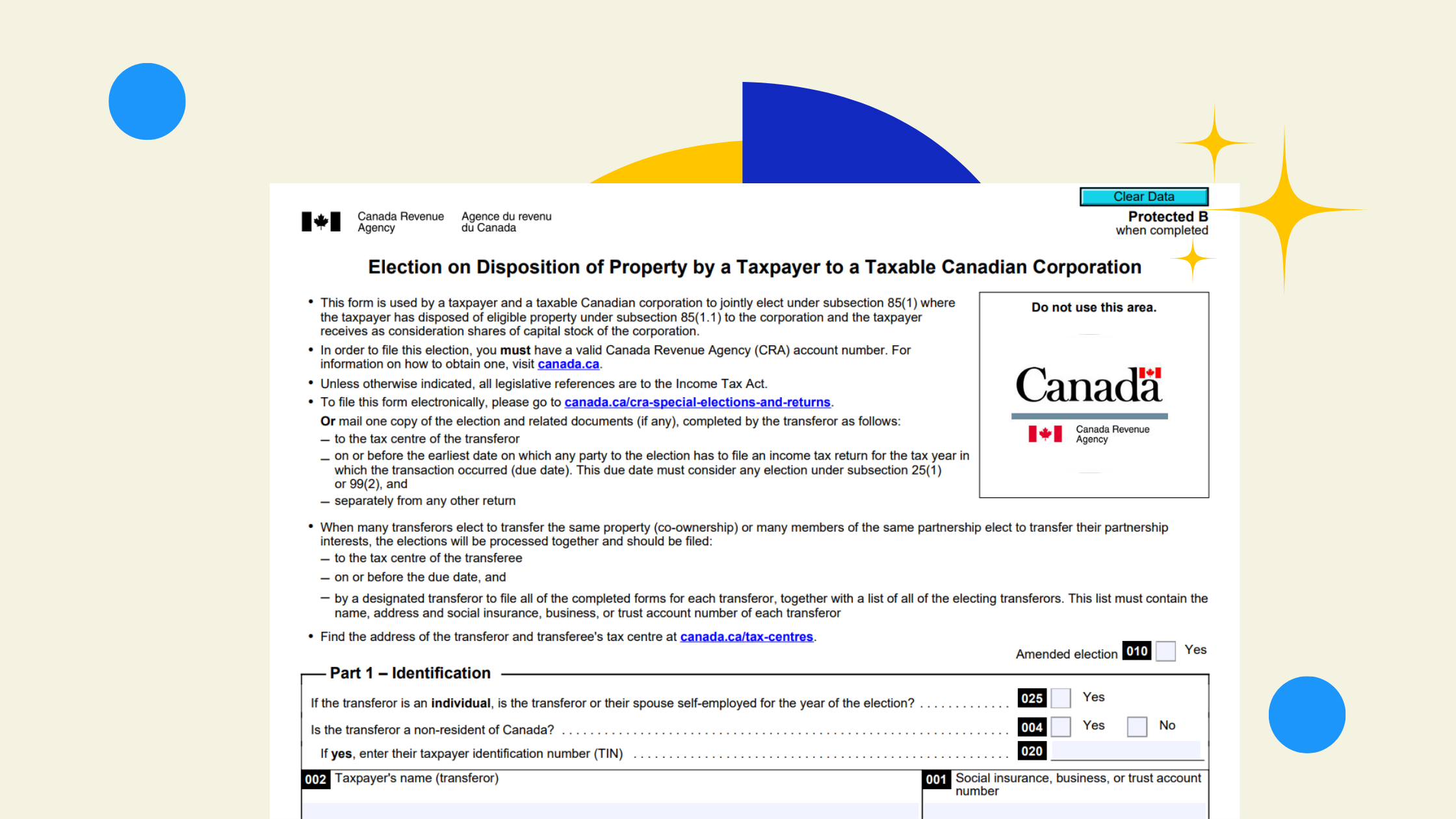You've got a brilliant idea for a business. Your mind is racing with possibilities, and you're eager to make it official. But before you rush to register your business, take a deep breath. While business registration is an important step in many entrepreneurial journeys, it's not always the right first move. In fact, there are several scenarios where registering too early can actually hinder your progress.
Let's explore four situations when you should hold off on that registration paperwork and focus on building your business instead.
1. When Your Idea Is Still Just That - An Idea
It's tempting to want to make your business "official" as soon as possible, but registering an untested idea is putting the cart before the horse. Here's why:
- Validation is key: Before you commit time and resources to registration, you need to validate your business concept. Does it solve a real problem? Are people willing to pay for your solution?
- Testing without commitment: You can (and should) test your idea without formal registration. Create a Minimum Viable Product (MVP), conduct market research, and gather customer feedback. This process allows you to refine your offering without the pressure of official business status.
- Flexibility to pivot: In the early stages, your idea may evolve significantly. Staying unregistered gives you the freedom to pivot without bureaucratic hurdles.
Consider the case of Dropbox. Before building their product, the founders created a simple video explaining their concept. The overwhelming response to this video validated their idea, leading to the development of the product we know today. They didn't need a registered business to test the waters.
2. When It's Not Worth the Administrative Burden
Registering a business comes with a set of administrative responsibilities that many new entrepreneurs underestimate:
- Regular filing requirements
- Compliance with various regulations
- More complex accounting and tax obligations
These tasks can quickly become overwhelming, especially when you're trying to focus on building your product or service and acquiring customers.
Sarah, a freelance graphic designer, shared her experience: "I registered my business right away, thinking it was the responsible thing to do. But I spent so much time figuring out paperwork and regulations that I had less time for actual design work and client acquisition. In hindsight, I wish I had waited until I had a steady client base."
Before you register, ensure you have the time, knowledge, and resources to handle these administrative tasks. If not, it's okay to wait until your business has gained some traction.
3. When You Don't Need the Legal Protections (Yet)
One of the main reasons for registering a business is the legal protection it offers, particularly in separating personal and business assets. However, this isn't always necessary right away, especially if:
- You're running a low-risk business
- You have minimal business assets
- You're not hiring employees
For many solo entrepreneurs or small startups, there are alternative ways to protect yourself:
- Get appropriate insurance coverage
- Use clear contracts and agreements with clients or customers
- Maintain separate bank accounts for business and personal use
As your business grows and takes on more risk, you can reassess the need for the legal protections that come with registration.
4. When It's Just You and You Don't Need a Name to Operate the Business
If you're a solo entrepreneur providing services under your own name, you might not need to register a business at all. Operating under your personal name can offer several advantages:
- Save on registration fees: Business registration costs in Canada vary by province but can range from $60 to $450.
- Simplify taxes: Self-employed individuals in Canada can report business income on their personal tax returns using Form T2125.
- Build personal brand: According to a study by Edelman, 63% of consumers trust what influencers say about a brand more than what the brand says about itself.
This approach works well for freelancers, consultants, and other service providers where personal branding is key. For instance, many successful writers, designers, and coaches operate under their own names for years before creating a separate business entity.
Remember, you can always transition to a registered business name later when your operations expand or you decide to create a brand separate from your personal identity.
The Benefits of Staying Unregistered (For Now)
Choosing not to register immediately isn't about avoiding responsibility—it's about giving your business the best chance to succeed. By staying unregistered in the early stages, you can:
- Maintain flexibility to adjust your business model
- Keep overhead costs low
- Simplify your taxes and accounting
- Focus more time on product development and customer acquisition
These factors can be crucial in the delicate early stages of a business.
When It Is Time to Register
Of course, there will likely come a time when registration becomes necessary or beneficial. Consider registration when:
- Your business is consistently profitable
- You're ready to scale operations
- You need to hire employees
- You're seeking external funding
- Your personal liability risk has increased
- You want to operate under a trade name
How to Register Your Business
There's 100s of blogs out there that will tell you how to register yourself - but if you want to save yourself some time, try using a ownr.co
The Gist
While registering your business is an exciting step, it's not always the right first step. Focus on validating your idea, building your product or service, and acquiring customers. These foundational elements are what truly make a business, not a registration certificate.
Remember, many successful companies started in garages, dorm rooms, and kitchen tables—unregistered, but driven by passion and guided by customer needs. Your energy in the early days is often better spent on creating value than on administrative tasks.
So, before you rush to register, ask yourself: Is my business ready for this step, or would I be better served by focusing on growth and validation first?



.png)

